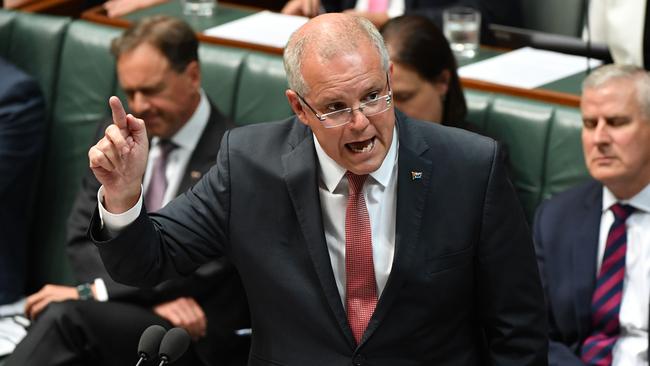
The “sophisticated state actor” behind the cyber attacks on our main political parties was almost certainly China or Russia.
The size and sophistication of the operation means it was a major player. The other big players in this kind of operation who are not friends of ours, Iran and North Korea, are unlikely candidates.
Russia has had the greatest publicity for this kind of action because of its well-documented interference in the last US presidential election.
But China has been extremely active in this kind of activity in Taiwan and throughout Southeast Asia. Beijing is the most likely culprit in this case.
The foreign interference legislation passed in federal parliament indicates the level of concern Australian security agencies have about Chinese efforts to influence Australian politics.
Get yourself ready, because it’s going to get much worse. All organisations with significant databases are going to have to ramp up their cyber-security precautions. Political parties are particularly vulnerable because they possess vast amounts of highly sensitive data but are essentially small and perennially cash-strapped.
This is a rare case where politically non-discriminatory government assistance to all political parties in order to help them address cyber security would be worth serious examination. The very fact that democratic political parties are calling in intelligence agencies to help them protect their operations against foreign interference is extraordinary.
This cyber attack is a direct attack on Australian democracy in a range of ways.
First, they can attack the physical conduct of democracy, getting computers to wrongly count votes or the like. Second, they can strategically release confidential information to damage one side or another, as WikiLeaks did to the Democrats in 2016. Three, they can wage any number of propaganda campaigns to undermine faith in institutions central to democracy, including our mainstream political parties.
And four, they can gather huge amounts of information that big, sophisticated state agencies can use in so-called big-data operations. For example, the Chinese are known to have hacked huge numbers of US government personnel records, including those with security clearances. They also sweep up enormous amounts of other data — hotel records, health records, financial records. Beijing then puts all that together in complicated algorithms to identify individuals with vulnerabilities.
The databases of political parties are of special interest in this context because political parties themselves assiduously mine data about voters to know what their preferences are in order to work out what will motivate them at the ballot box.
No nation has made a greater investment in big data than China.
Finally, if Australian agencies determine this was a Chinese operation, that produces a new and tough dilemma for Australia.
What does Canberra actually say if it determines this was a Chinese operation? And what if anything would we then do about it?
No obvious answers suggests themselves.




To join the conversation, please log in. Don't have an account? Register
Join the conversation, you are commenting as Logout